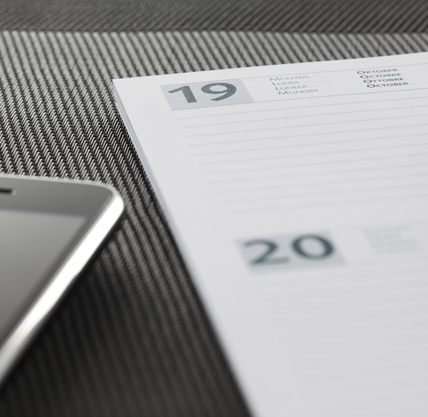
A brief summary of current research.
MM, Lee, PH, Sheer, JB, O'Neil-Pirozzi, TM, Xenopoulos-Oddsson, A, Goldstein, R, Zainea, KL, & Glenn, MB. Journal of Head Trauma Rehabilitation, 26(5), pp 339-347.
This study demonstrates that the use of Personal Digital Devices (PDAs) can help a person with brain injury remember to complete tasks. The use of an electronic device was more successful than using paper-based methods for remembering. The electronic device with the loudest alarm worked the best.

Comments (1)
Please remember, we are not able to give medical or legal advice. If you have medical concerns, please consult your doctor. All posted comments are the views and opinions of the poster only.
Anonymous replied on Permalink